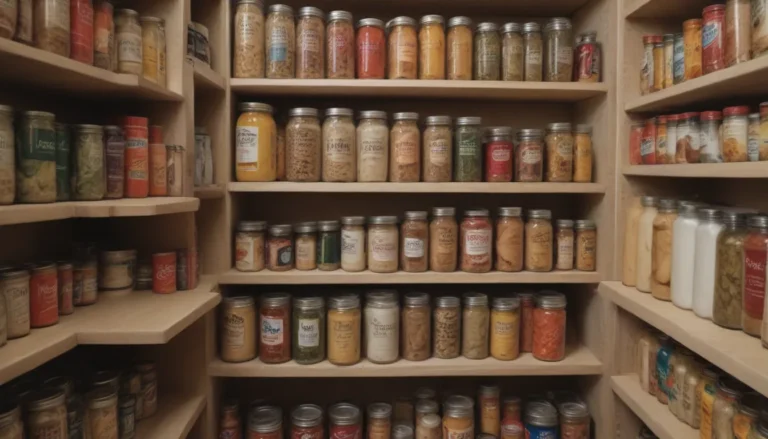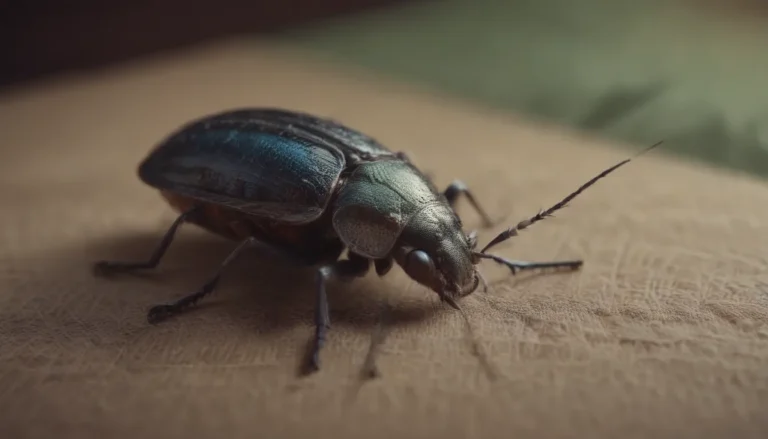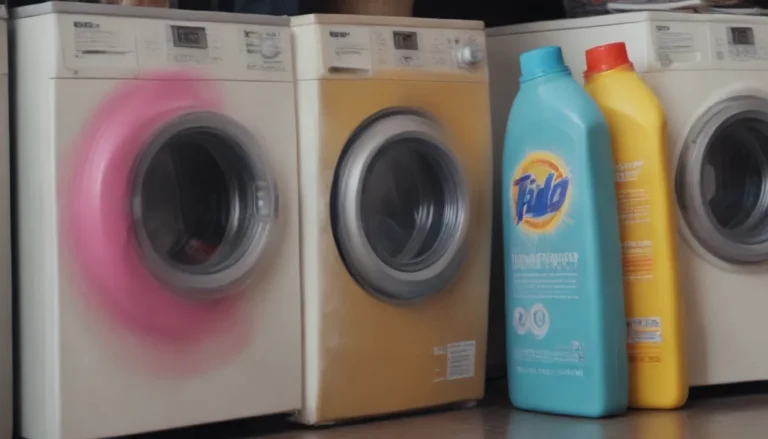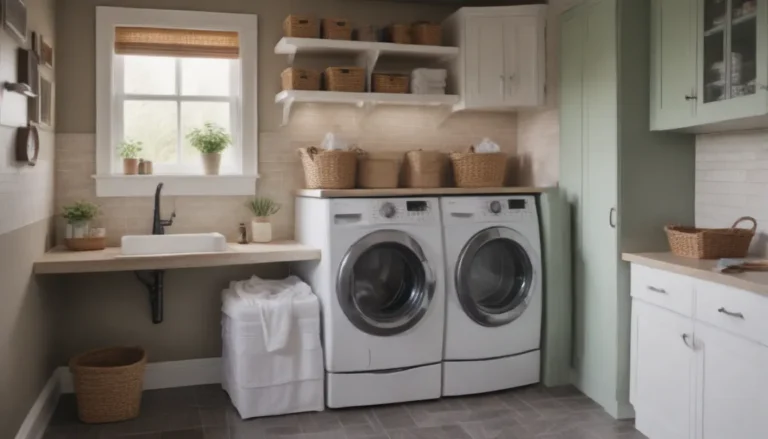How to Get Rid of Grease Ants (Thief Ants): A Complete Guide
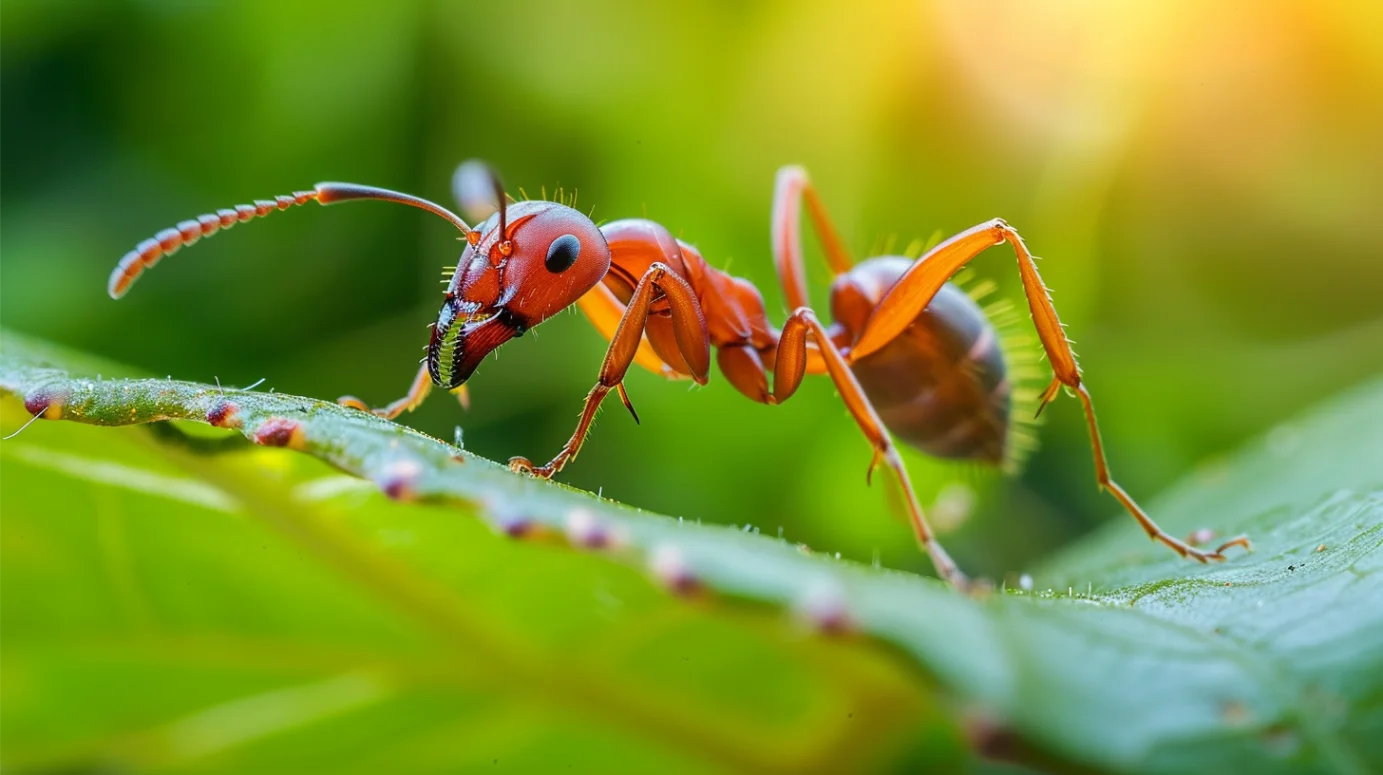
Are you dealing with tiny ants invading your kitchen and pantry? You might be facing a grease ant infestation. These minuscule pests, also known as thief ants, can be a real nuisance in your home. Don’t worry, though – you’re not alone in this battle, and there are effective ways to get rid of grease ants.
In this comprehensive guide, we’ll explore everything you need to know about grease ants and how to eliminate them from your living space. From understanding their behavior to implementing both natural and chemical solutions, we’ve got you covered. Let’s dive in and learn how to get rid of grease ants once and for all!
Understanding Grease Ants
Before we jump into the solutions, it’s essential to understand what we’re dealing with. Grease ants, scientifically known as Solenopsis molesta, are tiny ants that get their name from their attraction to greasy and fatty foods. These tiny invaders are often confused with pharaoh ants due to their similar appearance.
Characteristics of Grease Ants
- Size: Grease ants are incredibly small, measuring only about 1/32 inch in length.
- Color: They range from light yellow to brown.
- Behavior: These ants are known for their ability to squeeze through tiny cracks and crevices.
- Diet: They’re attracted to protein-rich and greasy foods, as well as sweets.
Understanding these characteristics will help you identify and effectively target grease ants in your home.
Signs of a Grease Ant Infestation
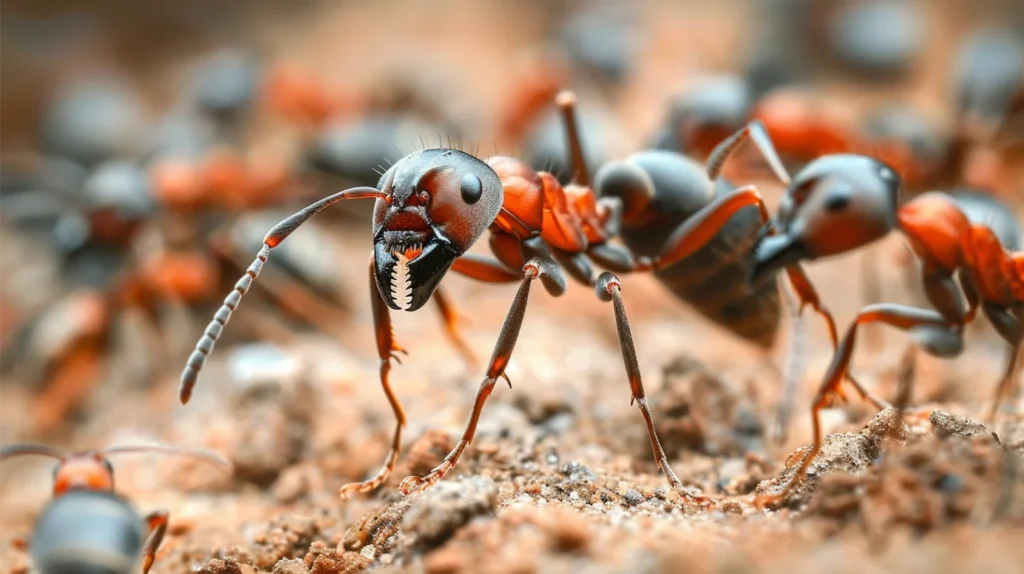
Recognizing the signs of a grease ant infestation is crucial for early intervention. Here are some telltale signs to watch out for:
- Tiny ants in your kitchen or pantry
- Ant trails along baseboards or countertops
- Small piles of dirt near cracks or crevices
- Ants in sealed food containers
- A sweet, musty odor in infested areas
If you notice any of these signs, it’s time to take action against these tiny invaders.
Prevention: The First Line of Defense
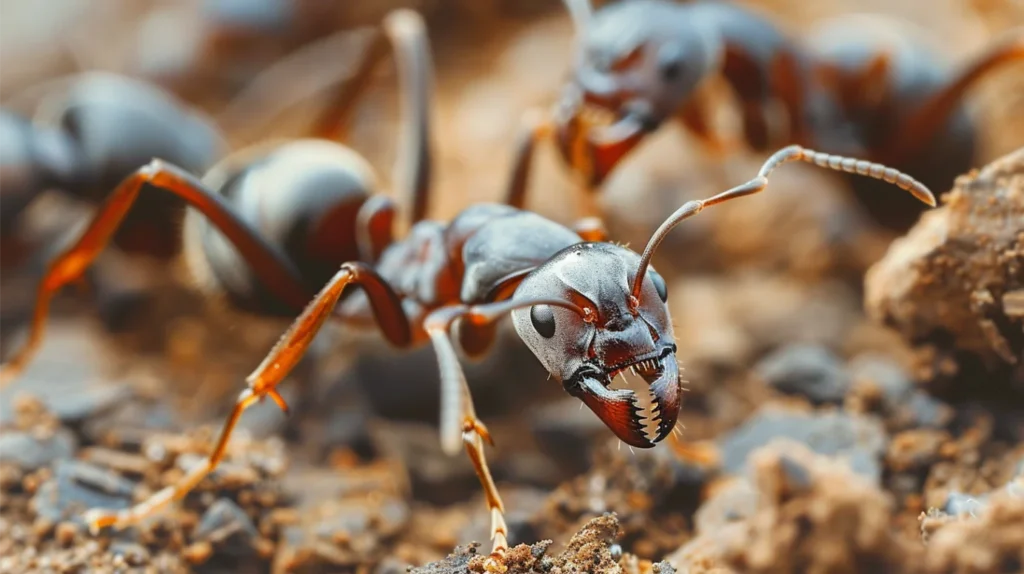
As with many pest problems, prevention is key when it comes to grease ants. By taking proactive measures, you can significantly reduce the likelihood of an infestation. Here are some effective prevention strategies:
1. Maintain a Clean Kitchen
Keeping your kitchen clean is crucial in preventing grease ant infestations. Follow these tips:
- Wipe down counters and stovetops daily
- Clean up spills immediately
- Store food in airtight containers
- Regularly clean your garbage disposal and drains
2. Seal Entry Points
Grease ants can enter your home through the tiniest of openings. To prevent this:
- Inspect your home’s exterior for cracks and crevices
- Seal any gaps around windows, doors, and pipes
- Repair damaged weather stripping
3. Reduce Moisture
Grease ants are attracted to moisture. To deter them:
- Fix leaky pipes and faucets
- Use a dehumidifier in damp areas
- Ensure proper ventilation in bathrooms and kitchens
By implementing these prevention strategies, you can create an environment that’s less attractive to grease ants.
Natural Remedies for Grease Ant Control
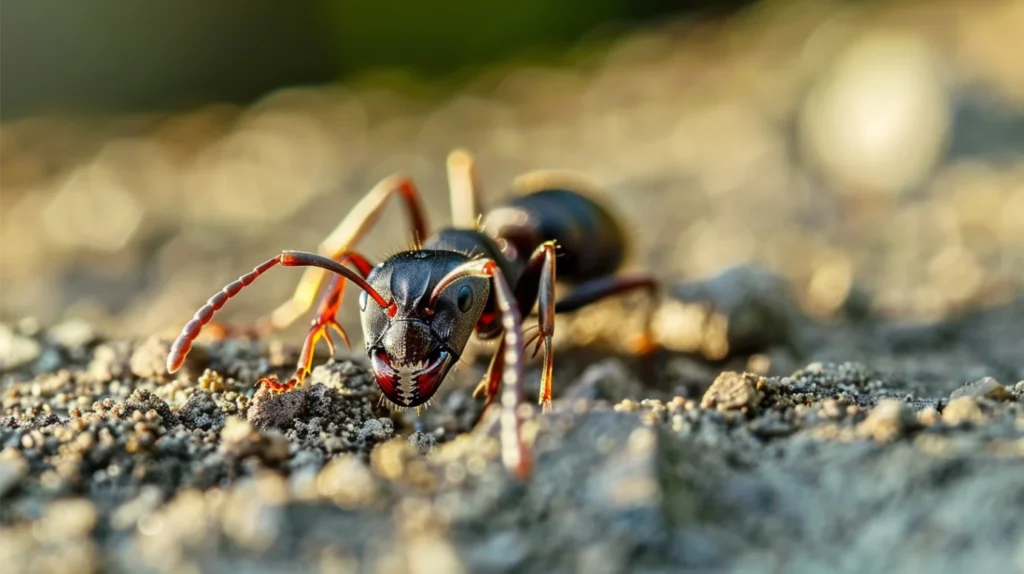
If you prefer eco-friendly solutions, there are several natural remedies you can try to get rid of grease ants. These methods are safe for homes with children and pets.
1. Vinegar Solution
Create a mixture of equal parts water and white vinegar. Spray this solution along ant trails and entry points. The strong smell of vinegar disrupts the ants’ pheromone trails and acts as a deterrent.
2. Essential Oils
Certain essential oils are effective in repelling grease ants:
- Peppermint oil
- Tea tree oil
- Lemon oil
Mix a few drops of your chosen oil with water in a spray bottle and apply it to affected areas.
3. Diatomaceous Earth
Sprinkle food-grade diatomaceous earth along ant trails and entry points. This natural substance dehydrates the ants, eventually killing them.
4. Borax and Sugar Mixture
Create a paste using equal parts borax and sugar. Place small amounts of this mixture in areas where you’ve seen ant activity. The sugar attracts the ants, while the borax eliminates them.
Note: While borax is natural, it can be harmful if ingested. Keep this mixture away from children and pets.
Chemical Solutions for Stubborn Infestations
If natural remedies aren’t effective, you may need to resort to chemical solutions. Here are some options:
1. Ant Baits
Ant baits are highly effective against grease ants. They contain slow-acting poison that ants carry back to their colony, eventually eliminating the entire nest.
2. Insecticide Sprays
Use an insecticide spray specifically formulated for ants. Apply it along baseboards, in cracks, and around entry points.
3. Residual Insecticides
These long-lasting insecticides create a barrier that continues to kill ants for weeks or months after application.
When using chemical solutions, always follow the manufacturer’s instructions and take necessary safety precautions.
Professional Pest Control
If your grease ant problem persists despite your best efforts, it may be time to call in the professionals. A pest control expert can:
- Identify the exact species of ant
- Locate and treat the nest directly
- Provide long-term prevention strategies
While professional services come at a cost, they can be a worthwhile investment for severe infestations.
Maintaining an Ant-Free Home
Once you’ve successfully eliminated the grease ants, it’s important to maintain an ant-free environment. Here are some ongoing practices to keep these tiny invaders at bay:
- Continue regular cleaning routines
- Inspect and reseal entry points periodically
- Keep food properly stored
- Address moisture issues promptly
- Maintain a regular pest control schedule
By staying vigilant and proactive, you can prevent future grease ant infestations and enjoy a pest-free home.
Frequently Asked Questions
Q: Are grease ants harmful to humans?
A: While grease ants don’t pose a significant health risk, they can contaminate food and be a nuisance in your home.
Q: How long does it take to get rid of grease ants?
A: With consistent effort, you can typically eliminate a grease ant infestation within 1-2 weeks.
Q: Can grease ants damage my home?
A: Unlike some other ant species, grease ants don’t cause structural damage to buildings.
Q: Do grease ants bite?
A: Grease ants rarely bite humans. They’re more interested in your food than in you.
Q: How can I tell the difference between grease ants and other small ants?
A: Grease ants are extremely small (about 1/32 inch) and are attracted primarily to greasy or protein-rich foods.
Conclusion
Dealing with a grease ant infestation can be frustrating, but with the right approach, you can successfully eliminate these tiny pests from your home. By understanding their behavior, implementing prevention strategies, and using a combination of natural and chemical solutions, you can reclaim your living space from these unwanted guests.
Remember, persistence is key when dealing with grease ants. It may take some time and effort, but by following the tips and techniques outlined in this guide, you’ll be well on your way to an ant-free home. Stay vigilant, maintain cleanliness, and don’t hesitate to seek professional help if needed.
With these strategies in hand, you’re now equipped to tackle your grease ant problem head-on. Here’s to a pest-free and comfortable living environment!
